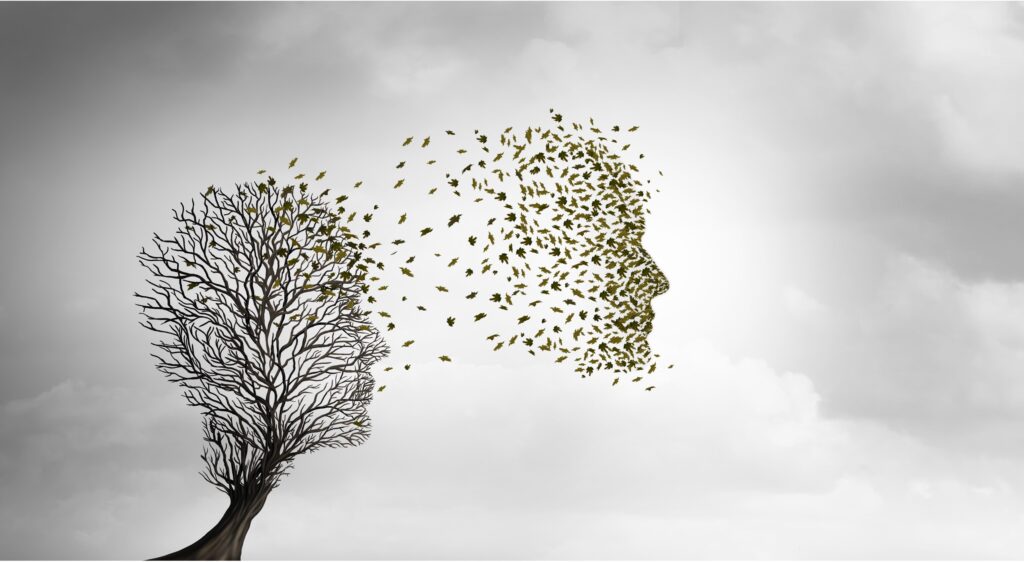By Michael Shook
I’ve been immersed in David Slavitt’s wonderful translation of Boethius’s “Consolation of Philosophy” recently, and, while walking the dogs this morning, a remnant drifted across my mind: “… nothing in life lasts.”
No kidding. It’s so obvious as to be banal, and yet we humans quite often live as if “everything in life lasts.” I wonder if that is not in part from necessity. We all know from a young age that death awaits us, but life demands such tremendous exertion, and such focus, that often we are immersed in simply getting the things done each day that must be done. Leaving death to one side is just practical (though I do think that “to one side” is Death’s residence. He or She – It? – is ever-present, ever-ready, part of the warp and woof of life).
Taking care of dogs has proven an excellent teacher of “nothing in life lasts,” with lessons alternately stern and playful, many mundane, but eventually, inevitably, sorrowful. I come to this considering my older daughter’s plight today, a day like any of her days off, except that this day she and her husband await the arrival of the veterinarian, who will euthanize their old dog, M.
M is 12, a rescue Catahoula hound, and a sweet creature. She’s had a good life with her adoptive family, basking in the attention and care. But her health took a serious turn for the worse a few months ago. Her physical ailments became much more serious, and she began to exhibit signs of “sundowner” syndrome. The canine dementia compounded her age-related ill health, to the point where a decision had to be made; redouble efforts to keep her alive (and in pain, in addition to the mental confusion), or have her euthanized.
Between my daughter and son-in-law’s difficult decision, and “Consolation of Philosophy’s” commentary, I was cast back to the memory of friends and family whose parents declined mentally until dementia seemed to make the person we had known disappear. Of course, that’s not entirely true, nor is any of it simple. The physical human was still there, still looked like who we knew, but the mind that contributed so vitally to who that person was, was gone almost completely. (I’m tempted to say gone utterly, but so much of a person is unfathomable.)
Yes, there would be moments of clarity, brief and startling, but nonetheless only a poignant hint of the now mostly missing loved one. It was like a series of heavy curtains pulled across the person’s essence, then suddenly swept aside somehow – and there he or she was, only to vanish in the next instant as the thick material draped back into place.
I recall a woman, the wife of a couple who had known me all my life, friends of my folks for decades. Having moved, they were back for a visit, and I dropped by my parent’s house to say hi. She – the friend’s wife – looked kindly at me, inquired of my name, we chatted, and then I went to the kitchen for fresh coffee. When I came back in, she smiled, and asked who I was. My mother told me later that year that she, the friend, was moved to a care center where her husband would visit. She never again recognized him, but would sometimes tell him, “I’ve got a beau, you know.” I thought how heartbreaking that must have been for him, to gradually lose his wife of more than 50 years, powerless to stop her drifting away.
I hope never to have to deal with that in those I hold dear, but of course, only time will tell. The lifespans of we who live in industrialized nations increases, but for some, that entails outliving our brains. My wife and I occasionally have discussions about “what if?” Would either of us want to end our lives while we still were capable of making conscious decisions? (We say “conscious decisions,” but is a person with dementia conscious, or not? And how is that manifested?)
My answer now is “yes,” but that’s with everything still safely in the abstract. I tell myself I don’t want to burden my family with a slow, rotting-brain decline into death, that I don’t want to live if I’m literally not in my right mind, but how do I really know that, until I’m in the midst of it? And is that a moral choice? Ethical? Is that an action rightly even within my purview?
Between euthanizing pets, and seeing livestock slaughtered, I’ve been witness to enough of a certain kind of killing to know, deeply, that the taking of any life is a mighty, mighty thing. Standing at my parent’s bedsides as they passed, I glimpsed something there of grave mysteries that we cannot fully penetrate, not intellectually anyway. We may perhaps know in an intuitive, soulful, heart-felt way, and that somehow urges me to make caution my watchword in these matters.
Is dementia inconvenient? Kind of silly even to ask that. Everything about life is, in some way, inconvenient, so why should aging and death be any different? But as we go forward, ever more enamored of technology, and modern medicinal “miracles,” including quiet ways to end our lives ourselves, I confess to feeling concerned. There is the potential, as with all things human, for our actions to go very badly wrong.

